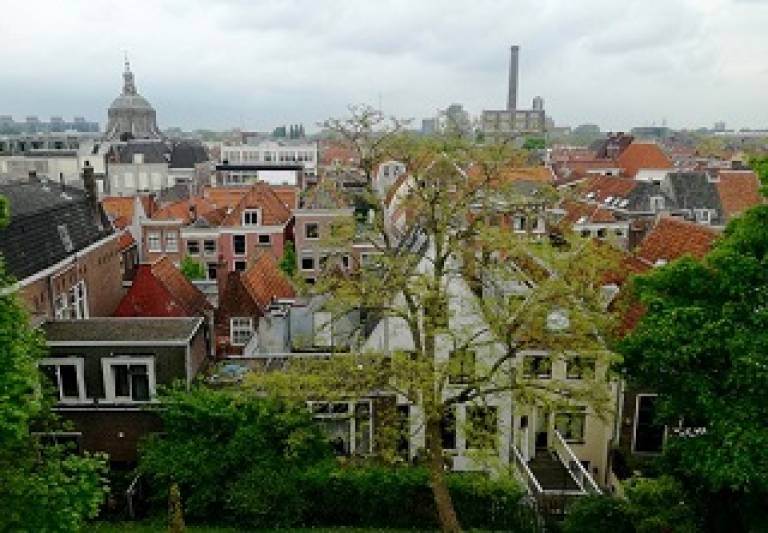Members attend meeting in the Netherlands
18 July 2017
Members of the Centre for Critical Heritage Studies attended a meeting in May hosted by the Centre for Global Heritage and Development and the National Museum of Antiquities in Leiden.
 The meeting brought together doctoral students, early career researchers and established academics from London, Gothenburg, Delft, Rotterdam and Leiden to share current research and discuss potential joint activities for the future.
The meeting brought together doctoral students, early career researchers and established academics from London, Gothenburg, Delft, Rotterdam and Leiden to share current research and discuss potential joint activities for the future. Key themes
Across two days of informal presentations a broad range of issues and ideas were highlighted, focusing on two key themes: 'Deep History, Migration and Anthropology of Migration: A Global Perspective' and 'Agency, Memory and Identity Formation'.
Day one
Following a welcome from Jan Kolen, Director of the Centre for Global Heritage and Development, the first day included papers on mapping memory networks, understanding the role of migration and memory in high schools, and the importance of craftsmanship and material agency to identity formation. A keynote presentation on conceptual networks in Corded Ware societies was given by Quentin Bourgeois of the University of Leiden. The day ended with a visit to the Faculty of Archaeology, located in a striking modern building on the edge of the city centre.
Day two
The second day continued the stimulating format of the first, with short presentations and valuable discussions on each paper. Topics covered included photography and memory, the destruction of shrines in Syria and Iraq, counter mapping indigenous heritage, the potential for multisensory heritage research, and the mapping of emotions as part of community engagement. Pieter ter Keurs, Head of the Department of Collections and Research at the National Museum of Antiquities, ended the meeting with reflections on the key themes of agency, memory and identity.
With obvious joint interests surfacing across the two days, it is hoped future events and activities will further develop lasting research programmes between the two Centres.
By Colin Sterling
 Close
Close

